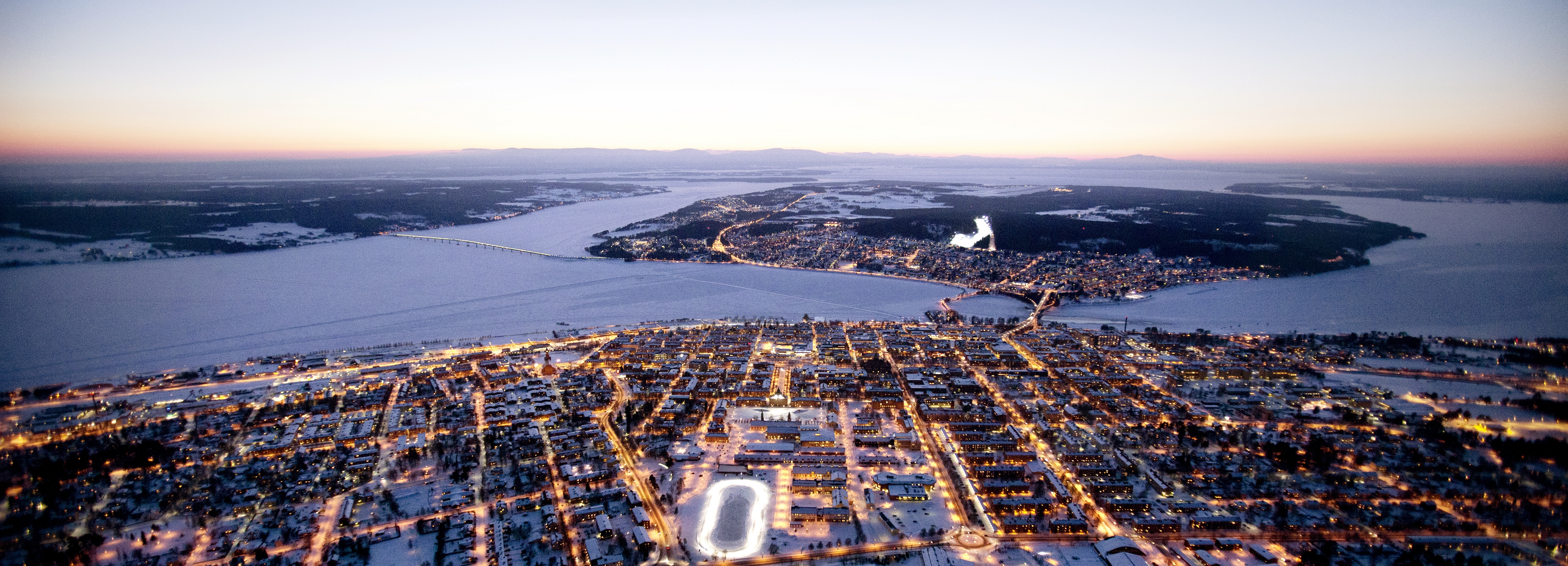
Deep Cultures of Disaster: The Significance of the Anthropological Perspective for Understanding the Interstices of Hazards and Disaster Passed
Tuesday September 21, 2021 15:00 - 16:30 C
Workshop leaders: Irena Leisbet Ceridwen Connon, Susanna HoffmanPresenters: Anja Mewald, Elisabetta Dall’Ò, Jacob Hovde, Ryo Tsuchida
- Be (under-)prepared: Responding to Covid-19, Jacob Hovde, Charlotte Sander, Wolfgang Hochbruck, Anja Mewald
- Rethinking Cultural/Social Resources as Disaster Adaptive Strategies toward Resilience: A Case from Sri Lanka, Ryo Tsuchida
- Chronicle of a foretold disaster. Climate change, glacier melting, and risk perception in the Alps, Elisabetta Dall'Ò
Panel description
It is now widely accepted that all disasters are human caused. For this reason, the anthropological perspective, namely its concern with the deep cultural perspective, and methods of inquiry, are of upmost importance for understanding the cultural intricacies through which people perceive, experience, recover from and memorialise disasters, and also come to imagine what desired outcomes, utopias and dystopias might look like. Culture therefore mediates learning, evaluation and technological development for disaster risk reduction, and is the medium through which policies and practices of disaster risk reduction and recovery interventions are constructed, legitimized, enacted, realised or rejected. Researchers, policy makers and practitioners, including hazard and disasters experts, have all too often merely acknowledged a surface lamina to a people’s culture, however it is culture in its most discerning and anthropological sense that is key to understanding how people deal with threat (Hoffman and Oliver-Smith 2002). In addition, while researchers are increasingly attempting to integrate their activities through multi-disciplinary projects, a persistent assumption seems to prevail among many engaged in the risk and disaster enterprise that solutions lie predominately with physical scientists and engineers rather than social scientists. However, we would argue that those involved need to assess the circumstance in a culturally relative manner that includes how people assess risk and calculate what constitutes recovery.
This panel seeks to explore the significance of the anthropological deep cultural perspective and methods of inquiry for understanding the collective, individual and organisational experience after crises and catastrophes, including ways of perceiving danger, memorializing events, envisioning futures, developing disaster risk reduction policies and practice, and in preparing for future events. We welcome papers that explore the use of the anthropological perspective to address any of the above themes, however we are particularly interested in papers that address the above themes through an anthropological lens in relation to: a) emerging issues in hazards and disaster research or b) within large multi, inter and trans-disciplinary research projects.
References
Hoffman, S., and A. Oliver-Smith, eds. 2002. Catastrophe and Culture. Santa Fe, NM: School of American Research.
Lecturers
Irena Leisbet Ceridwen Connon Workshop leader
Dr, (Research Fellow)
University of Dundee
Susanna Hoffman Workshop leader
Chair, Risk and iDsaster Commission IUAES
Susanna M. Hoffman (Ph.D. University of California, Berkeley) is a disaster anthropologist, author, co-author and editor of thirteen books, two ethnographic films, and over forty articles and chapters. Among her books are: Cooling Down: Local Responses to Global Climate Change (Berghahn 2021, co-edited with Thomas Eriksen and Paulo Mendes); Nostalgia (Pain of Past), Ecalgia (Pain of Home) and Topalgia (Pain of Place): The Deep Cultural Complexities Behind the Persistent Problematic of Displacement and Resettlement (Berghahn, 2022); Inplacement: Global Outbreaks and the Anthropology of Isolation (Berghahn, 2022, co-edited with Virginia Garcia-Acosta); The Angry Earth: Disaster in Anthropological Perspective and its sequel Angry Earth Two (Routledge, 1999 and 2020 co-edited with Anthony Oliver-Smith), Disaster Upon Disaster: Exploring the Gap Between Knowledge, Policy and Practice (2020 Berghahn Books co-edited with Roberto Barrios), and Catastrophe and Culture: The Anthropology of Disaster (School of American Research Press, 2002 co-edited with Anthony Oliver-Smith). Her ethnographic films include the award winning Kypseli: Women and Men Apart and the Emmy winning The Nature of Culture. She launched the Risk and Disaster Thematic Interest Group for the Society of Applied Anthropology and initiated and chairs the Commission on Risk and Disaster for the International Union of Anthropology and Ethnographic Sciences. She was the first recipient of the Fulbright Foundation Aegean Initiative Grant concerning disasters between Greece and Turkey and helped write the United Nations Statement on Women and Disaster. She is also a member of the American Anthropology Task Force on World Food Problems and is a board member of CADAN) Culture and Disaster Action Network.
Anja Mewald Presenter
Albert-Ludwigs University Freiburg
Elisabetta Dall’Ò Presenter
University of Turin
Jacob Hovde Presenter
Albert-Ludwigs-Universität Freiburg
Ryo Tsuchida Presenter
Ph. D student, Area Studies(Sri Lanka), Cultural Anthropology
Kyoto University